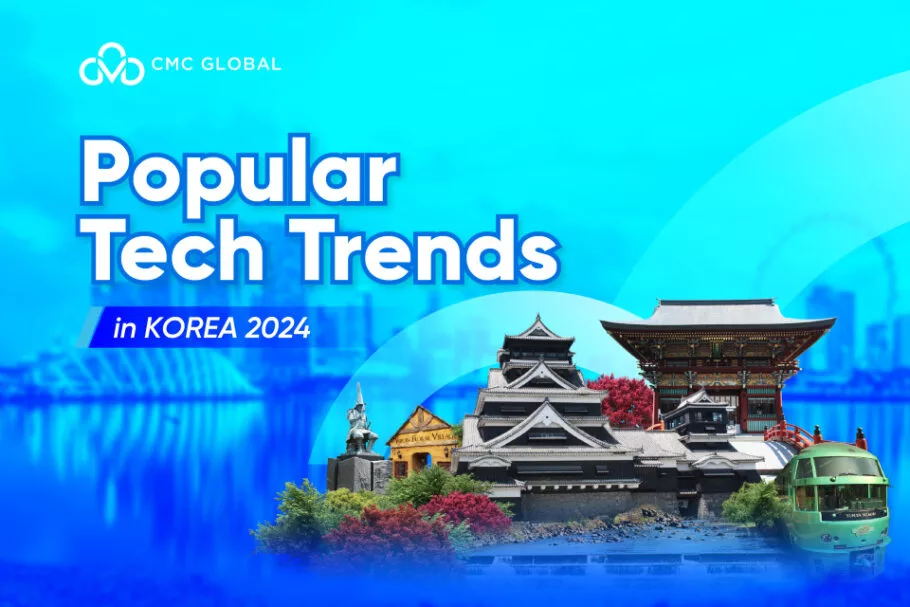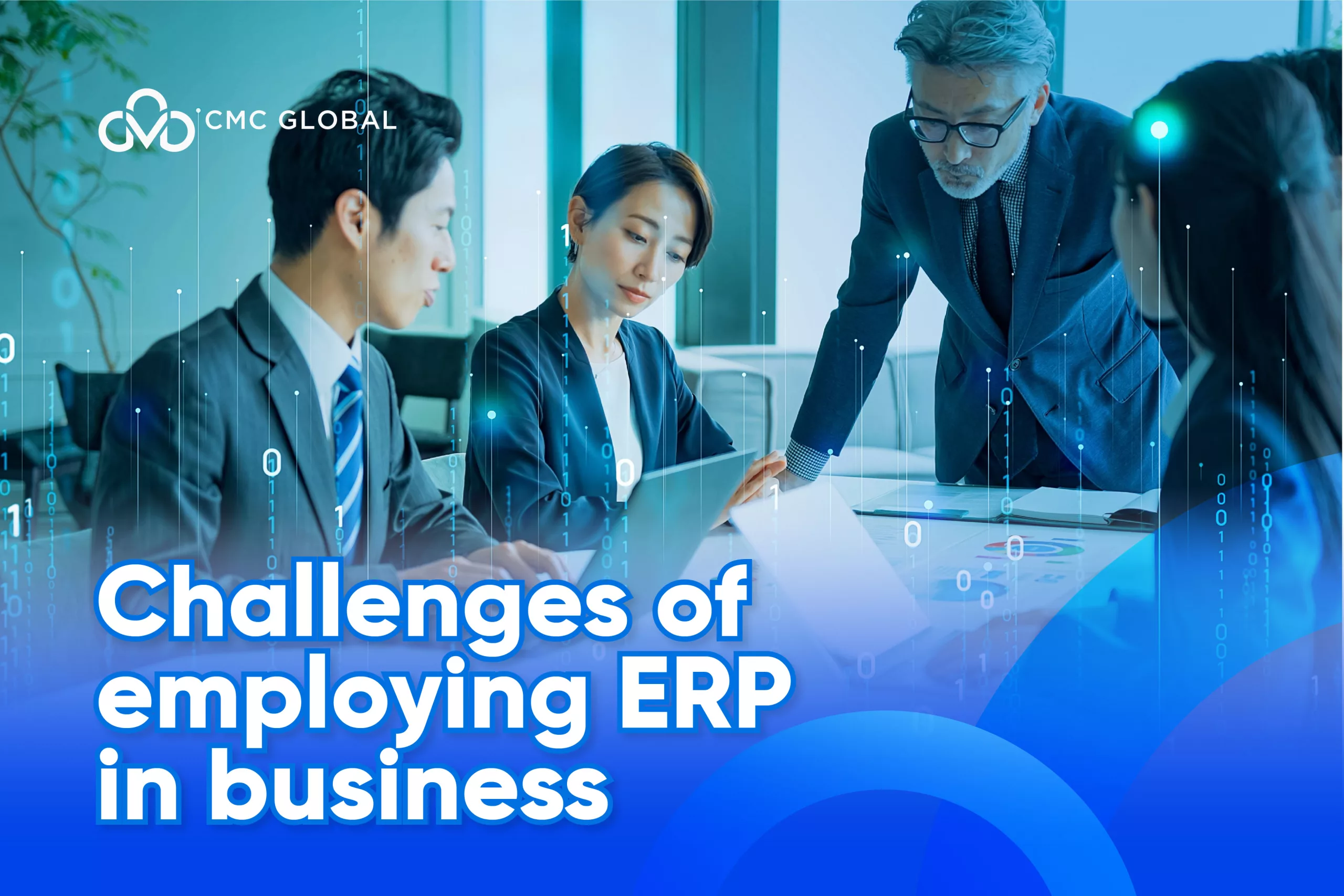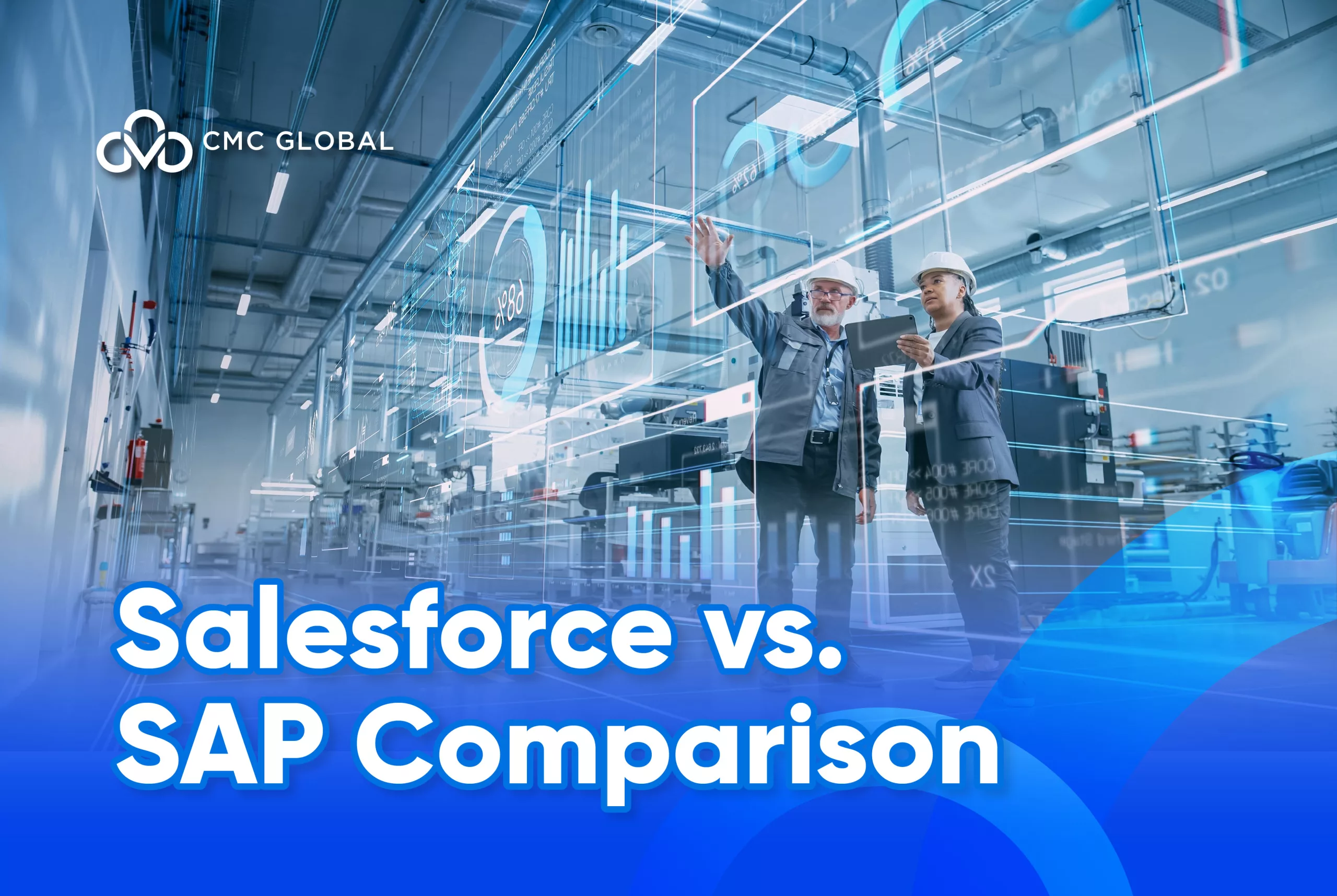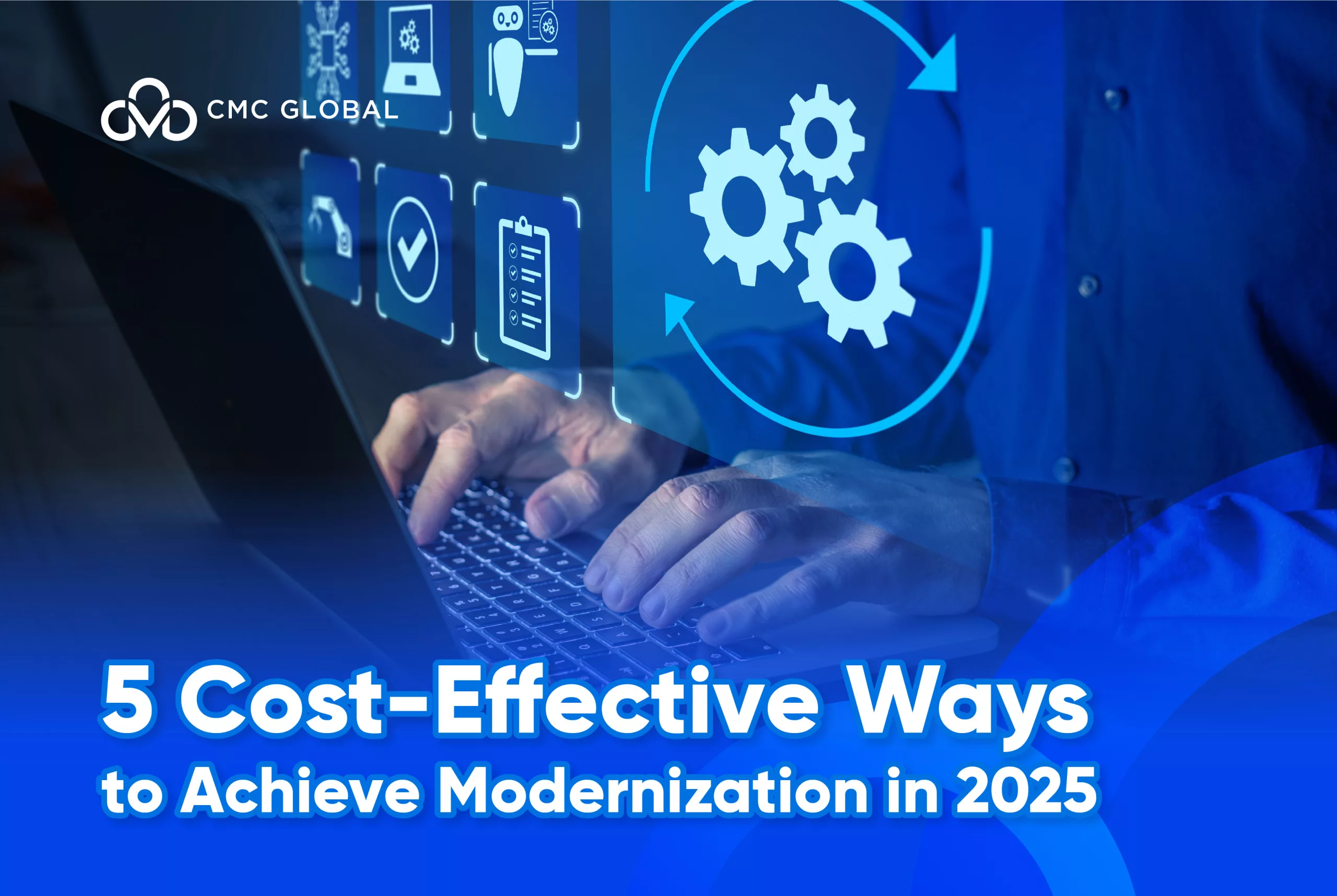The cloud computing industry is on a continuous increase, predicted to attain $2432.87 billion by 2030. In this expansive market, 3 major cloud service providers—Amazon Web Services (AWS), Google Cloud Platform (GCP), and Microsoft Azure— together account for 64% of the market share.
For customers selecting a cloud provider to host their web sites or applications, the choice often comes down to these 3 hyperscale providers. This article aims to clarify the differences among AWS, Microsoft Azure, and Google Cloud, empowering users to make informed selections about their prefered cloud provider.
Overview Of AWS vs Azure vs Google Cloud Service Provider
AWS, Azure, and GCP stand as the foremost cloud service providers in the current market, each owning distinctive characteristics and backgrounds. Below is some fundamental data about each provider before we look into further differences:
AWS
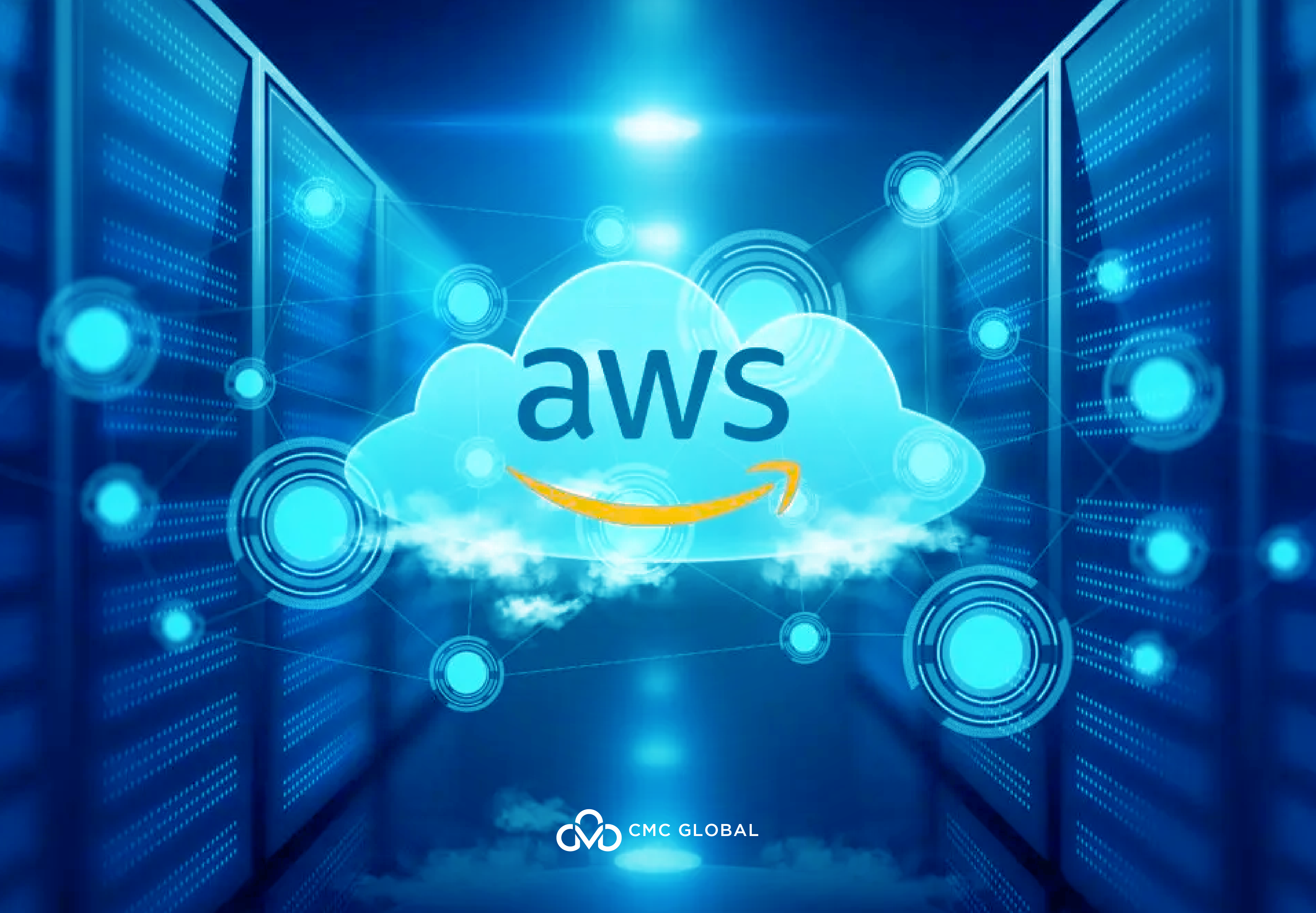
Amazon Web Services (AWS) provides computational sources and services enabling the fast construction of applications at flexible, pay-as-you-go rates. For example, AWS permits customers to hire a server for connectivity, configuration, safety, and operations, much like a physical server. The key distinction lies within the virtual server running on the top AWS’s globally managed network.
Prominent users of Amazon Web Services (AWS) include:
- Expedia
- Netflix
- Formula 1
- Intuit
- Airbnb
- Lyft
- Food and Drug Administration (FDA)
- Coca Cola
Azure
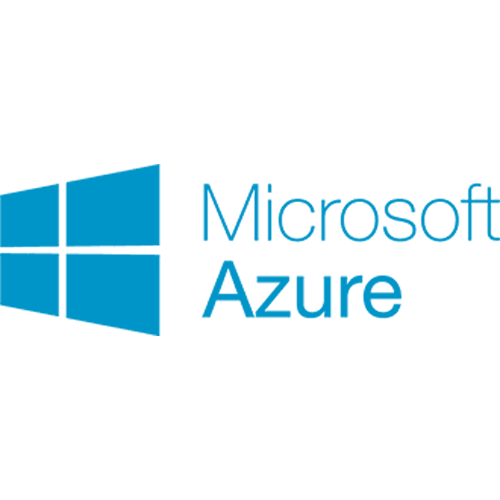
Microsoft Azure serves as a public cloud platform offering Infrastructure as a Service (IaaS), Platform as a Service (PaaS), and Software as a Service (SaaS) solutions including analytics, virtual computing, storage, networking, and various other services. It can augment or substitute on-premise servers.
Prominent users of Microsoft Azure include:
- Bosch
- Audi
- HSBC
- Starbucks
- Walgreens
- FedEx
- Walmart
- HP
- Mitsubishi Electric
Google Cloud
Google Cloud is a suite of cloud computing services introduced by Google in 2008. GCP offers international businesses with Infrastructure as a Service (IaaS), Platform as a Service (PaaS), and Software as a Service (SaaS). GCP is specially designed as a platform for developing and managing original applications that can be deployed from its hyper-scale data centers.
Prominent customers of Google Cloud Platform (GCP) consist of:
- Toyota
- Nintendo
- Spotify
- Target
- Paypal
- UPS
AWS vs Azure vs Google Cloud Service Provider
Data centers
Below are insights into the comparison of AWS, GCP, and Azure regarding the quantity and geographic distribution in their facts centers:
AWS (Amazon Web Services)
AWS manages an extensive global community including over 200 data centers situated across diverse geographic regions, spanning North America, Europe, Asia, Australia, and South America.
Out of the 3 major hyperscale cloud vendors, AWS boasts the highest number of data centers, with concentrations in areas such as Northern Virginia, Oregon, and Frankfurt.
The comprehensive data center infrastructure of AWS allows businesses to strategically deploy resources in proximity to end-users, minimizing latency and improving typical overall performance.
Azure (Microsoft Azure)
Azure provides comparable computing capabilities through its Virtual Machines (VMs) service, delivering scalable and adaptable virtualized computing environments.
Azure Virtual Machines present a range of instance sizes to cater to diverse workload demands, including instances optimized for memory, compute, and storage.
Furthermore, Azure offers Azure Functions for serverless computing, enabling developers to execute event-triggered functions without the need to manage the underlying infrastructure.
Google Cloud Platform (GCP)
GCP strategically positions its data centers across various global areas, spanning North America, Europe, Asia, Australia, and South America.
Although GCP has fewer data centers than AWS and Azure, it stands out for its high-performance global network infrastructure.
Google’s proficiency in network optimization guarantees quick data transfer and low-latency connections, establishing GCP as a preferred option for applications sensitive to latency.
Read more: Stagnate Or Innovate: A Deep Dive Into Asia Technology Outlook & Strategic Imperatives
Product offerings
AWS (Amazon Web Services)
AWS offers an extensive range of computing resources, featuring Amazon EC2 (Elastic Compute Cloud) that provides a scalable virtual private cloud suitable for diverse applications.
EC2 presents different instance types, each tailored for specific workloads, including general-purpose, memory-intensive, and GPU-powered instances.
Additionally, AWS provides serverless computing through AWS Lambda, allowing developers to execute code without the need for server provisioning or management.
Read more: Exploring the AWS Ecosystem: Harnessing the Full Potential of AWS Cloud Services
Azure (Microsoft Azure)
Azure provides comparable computing resources through its Virtual Machines (VMs) service, delivering scalable and adaptable virtualized computing environments.
Azure Virtual Machines come in various instance sizes, catering to diverse workload needs, including instances optimized for memory, compute, and storage.
Furthermore, Azure offers Azure Functions for serverless computing, empowering developers to execute event-driven functions without the need to manage the underlying infrastructure.
Google Cloud Platform (GCP)
GCP’s computational capabilities are accessible via Google Compute Engine, which offers customizable virtual machine times.
Google Compute Engine offers both predefined gadget types and custom machine types, providing users with the flexibility to fine-tune resources according to their specific requirements.
For serverless computing, Google Cloud Platform provides Google Cloud Functions, empowering developers to run event-triggered functions without the need to handle server control.
Price
Each cloud platform adopts a pay-as-you-move model, featuring instance types, storage expenses, data transfer charges, and discounts. It is crucial to realize these differences to enhance the efficiency and cost-effectiveness of cloud operations. Evaluating the pricing not just in the context of current usage but also considering scalability for future applications or business growth is essential.
Here’s a look at how these 3 cloud service providers differ as of January 2024. However, it’s advisable to consult their websites for the latest pricing details before making a decision.
| AWS | |
| Machine Type (Smallest Instance) | AWS typically bills around US$69 monthly for a primary instance featuring 2 virtual CPUs and 8 gigabytes of RAM.
|
| Machine Type
(Largest Instance) |
The priciest AWS instance, equipped with 3.84 TB of RAM and 128 CPUs, comes at an approximate cost of US$3.97 per hour.
|
| Storage Cost | Depending on the storage capacity and usage patterns for services such as Amazon S3 and Amazon EBS.
|
| Discount | Available via Reserved Instances and AWS Savings Plans requiring upfront payments. |
| AZURE | |
| Machine Type (Smallest Instance) | For an equivalent instance in Azure, specifically one with 2 CPUs and 8 GB of RAM, the monthly cost is approximately US$70.
|
| Machine Type
(Largest Instance) |
Azure’s most extensive instance comprises 3.89 TB of RAM and 128 CPUs, with an hourly price of approximately $6.79.
|
| Storage Cost | Depending on the capacity and usage for Azure Blob Storage and Azure Disk Storage
|
| Discount | Available via the Azure Hybrid Benefit, applicable to clients possessing pre-existing licenses. |
| GOOGLE CLOUD | |
| Machine Type (Smallest Instance) | In contrast to AWS, GCP offers the least advanced instance, featuring two virtual CPUs and eight gigabytes of RAM,
at a reduced cost of 25%. Consequently, the monthly expense is approximately US$52.
|
| Machine Type
(Largest Instance) |
GCP stands out with its most extensive instance, boasting 3.75 TB of RAM and 160 CPUs.
The associated cost is approximately US$5.32 per hour.
|
| Storage Cost | Depending on the storage capacity and frequency of access for Google Cloud Storage and Google Persistent Disk.
|
| Discount | Available via Committed Use Contracts requiring upfront commitments for either one or three years. |
Use Cases For AWS vs Azure vs Google Cloud
While each of the three essential hyperscale cloud vendors (AWS, Azure, and GCP) offers strong cloud offerings, they specialize in addressing distinct use instances. The following provides additional details on the specific use cases targeted by each of those cloud service providers:
AWS
Global Presence and Scalability: AWS stands out as an optimal solution for organizations seeking expansive global reach and scalability, leveraging its widespread network of data centers across the globe.
Wide Service Offering: Offering a wide range of services, AWS caters to multiple applications, including web hosting, AI, analytics, IoT, and various other use cases.
Mature Ecosystem: With a well-established customer base and robust community support, AWS proves to be a fitting choice for many users, especially enterprises.
Microsoft Azure
Microsoft Ecosystem Compatibility: Azure provides effortless integration for organizations heavily invested in Microsoft products, facilitating hybrid cloud setups and seamless migration. Azure further stands out by offering virtual machines based on the Windows operating system, a feature now not universally available across all cloud companies.
Hybrid Cloud Solutions: Azure is a preferred option for corporations maintaining on-premises infrastructure, boasting robust capabilities in hybrid cloud computing offerings.
Robust Security Focus: Emphasizing compliance and security features, Azure is well-suited for industries governed by stringent data regulations.
Google Cloud Platform
Data and Analytics Proficiency: Google Cloud Platform stands out in the domains of data management and analytics, making it well-suited for businesses heavily dependent on big data processing and machine learning.
Expertise in Kubernetes: Google’s proficiency in Kubernetes and containerization is appealing to corporations seeking to implement applications based on container technology.
High-Performance Networking: The Google Cloud Platform’s strong global network ensures high performance, facilitating low latency and swift data transfer, which is advantageous for applications demanding rapid response times.
Consider going cloud native?
Optimizing retail performance in today’s dynamic market requires strategic partnerships that harness cutting-edge technology to drive efficiency and customer satisfaction. By collaborating with an AWS Advanced Tier Services Partner like CMC Global, retailers can streamline operations, optimize the supply chain, deliver personalized experiences, and stay agile in an ever-changing market, ultimately driving growth and success in the retail industry.
CMC Global’s expertise in cloud solutions and its track record in enabling businesses to harness the power of modern technology aligns well with the retail sector’s evolving demands. By choosing CMC Global as a partner, retailers can unlock the following benefits to improve their retail performance:
- Scalable infrastructure
- Cost Efficiency
- Supply Chain Optimization
- Data Analytics and Insights
- Personalized Customer Experiences
Contact us for further consultation.


